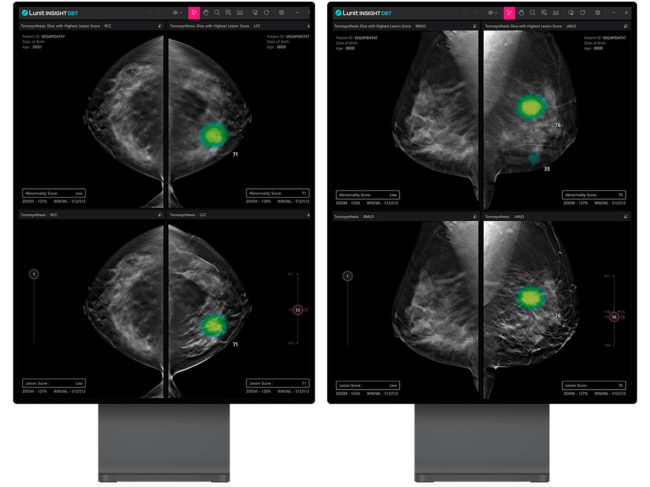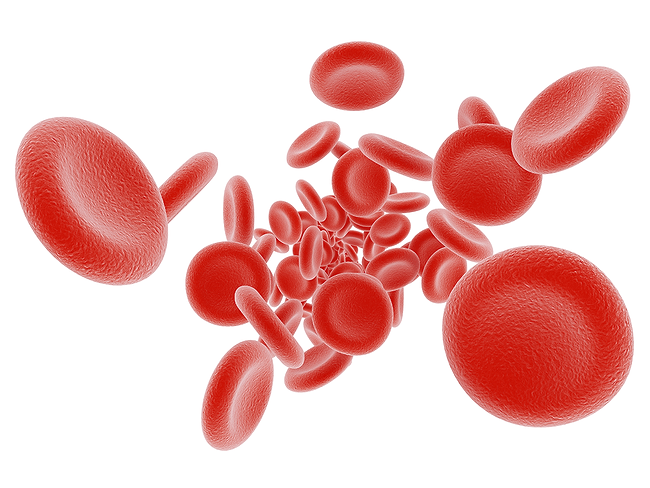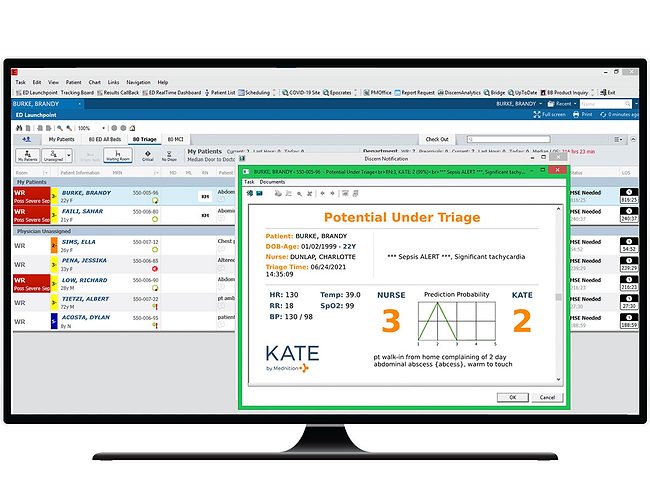
Regulatory
2023 Artificial Intelligence Summit
Consumerism expected to play a major role in AI regulation
Read MoreNeurology/Psychiatric
Solid Biosciences gains IND clearance for SGT-003 gene therapy in Duchenne
Read More2023 Artificial Intelligence Summit



